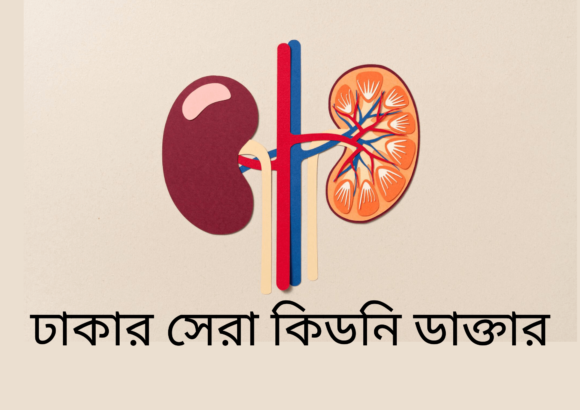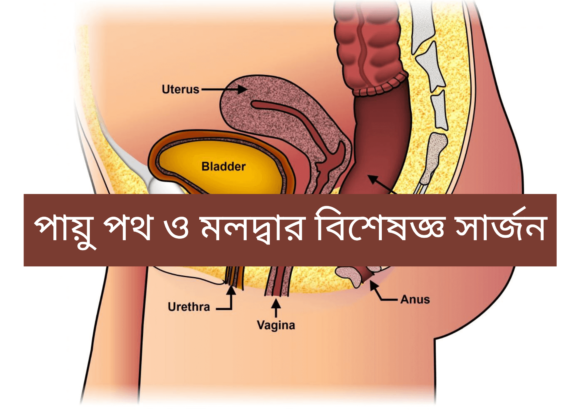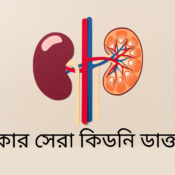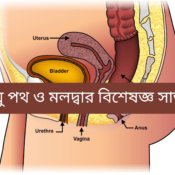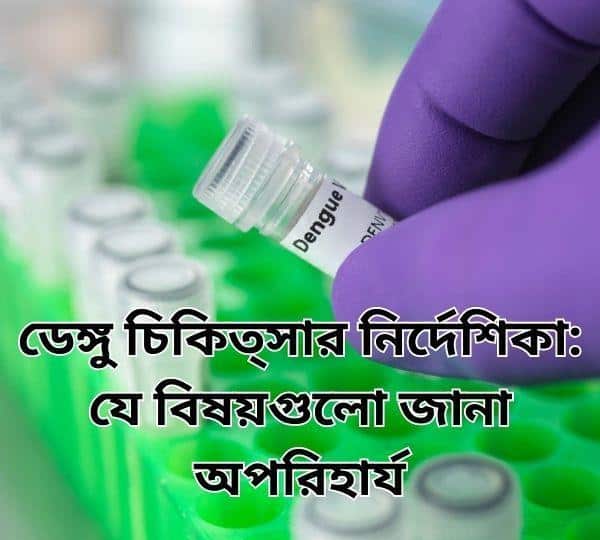
Dengue Treatment Guidelines: Navigating the Path to Recovery
Discover comprehensive Dengue Treatment Guidelines, ensuring your understanding of this critical health topic. Learn about prevention, symptoms, and effective management. Get expert insights here.
Dengue fever, a mosquito-borne viral infection, can be a serious health concern. Understanding the proper dengue treatment guidelines is crucial for a swift and effective recovery. In this comprehensive guide, we’ll delve into the intricacies of dengue treatment, providing you with a thorough understanding of this condition. From prevention to symptom management, we’ve got you covered.
Introduction
Dengue fever, often called “breakbone fever” due to its excruciating joint and muscle pain, is a prevalent tropical disease caused by the dengue virus. With no specific antiviral treatment available, managing the symptoms and complications is essential. Let’s journey through dengue treatment guidelines, equipping you with the knowledge needed to combat this ailment.
Dengue Treatment Guidelines: Unveiling the Essentials
Understanding Dengue
Dengue fever manifests in various forms, from mild to severe. LSI Keywords: dengue virus, Aedes mosquito, tropical regions.
Dengue fever primarily spreads through the bite of an infected Aedes mosquito. It’s prevalent in tropical regions, making it a significant health concern.
Read More: ডেঙ্গু জ্বরের লক্ষণ কারণ প্রতিকার ও এর প্রতিরোধ
Prevention Is Key
Preventing dengue is more effective than treatment. LSI Keywords: mosquito repellent, clean surroundings, vector control.
- Use mosquito repellents and wear protective clothing.
- Ensure clean surroundings to prevent mosquito breeding.
- Support vector control programs in your area.
Recognizing Dengue Symptoms
Early detection is vital. LSI Keywords: high fever, severe headaches, joint pain.
Common symptoms include high fever, severe headaches, and joint pain. Timely diagnosis is crucial for effective management.
Dengue fever, a mosquito-borne viral illness, is a growing global health concern. Recognizing its symptoms is crucial for early diagnosis and prompt medical intervention.
The initial signs of dengue often resemble those of a common flu: high fever, severe headache, and joint and muscle pain. However, what sets dengue apart are its distinct characteristics. Patients frequently experience excruciating pain behind the eyes, giving it the moniker “breakbone fever.” Other symptoms may include a rash, bleeding gums, and easy bruising.
As the disease progresses, it can lead to severe dengue, or dengue hemorrhagic fever. Warning signs of severe dengue include persistent vomiting, severe abdominal pain, difficulty breathing, and bleeding under the skin. These symptoms require immediate medical attention, as severe dengue can be life-threatening.
Seeking Medical Attention
Prompt medical consultation is essential. LSI Keywords: rest, hydration, platelet count.
- Rest and stay hydrated.
- Regularly monitor your platelet count.
- Seek immediate medical attention if symptoms worsen.
Home Care Tips
Managing dengue at home. LSI Keywords: pain relievers, fluid intake, fever management.
- Use pain relievers for discomfort.
- Ensure adequate fluid intake.
- Manage fever with prescribed medications.
While dengue fever has no specific antiviral treatment, proper home care can make a significant difference in the recovery and comfort of individuals suffering from the disease. Here are some essential home care tips for managing dengue:
Stay Hydrated:
Dengue often causes high fever and sweating, leading to dehydration. It’s crucial to drink plenty of fluids like water, oral rehydration solutions, and clear soups to maintain adequate hydration levels.
Rest is importent in Dengue Treatment Guidelines terms:
Allow the body to recuperate by getting plenty of rest. Bed rest is recommended during the acute phase of the illness to conserve energy and aid in the body’s healing process.
Pain Management:
Over-the-counter pain relievers like acetaminophen (paracetamol) can help alleviate fever and body pain. Avoid non-steroidal anti-inflammatory drugs (NSAIDs) like aspirin and ibuprofen, as they can increase the risk of bleeding.
Monitor Symptoms:
Keep a close eye on your symptoms. If you notice warning signs such as persistent vomiting, severe abdominal pain, or difficulty breathing, seek immediate medical attention.
Mosquito Protection:
Continue to protect yourself from mosquito bites to prevent further transmission. Use mosquito nets, wear long-sleeved clothing, and apply mosquito repellent on exposed skin.
Nutrition:
Consume a balanced diet rich in fruits, vegetables, and protein to support your immune system. Avoid spicy and oily foods that may irritate your stomach.
Maintain a Clean Environment:
Remove stagnant water sources around your home to eliminate mosquito breeding grounds. Ensure that windows and doors have screens to prevent mosquito entry.
Isolation:
Dengue is contagious, so it’s essential to limit contact with others during the illness to prevent its spread.
Follow Medical Advice:
Always follow your healthcare provider’s recommendations and take prescribed medications as directed.
Remember that dengue can vary in severity, and while many cases can be managed at home, it’s crucial to seek medical attention if symptoms worsen or if warning signs of severe dengue appear. Timely medical care can be life-saving in such cases.
Hospitalization for Severe Cases
When hospitalization is necessary. LSI Keywords: severe bleeding, fluid replacement.
Severe cases may require hospitalization, especially if there’s severe bleeding or the need for fluid replacement.
FAQs on Dengue Treatment Guidelines
What is the primary mode of dengue transmission?
Dengue is primarily transmitted through the bite of an infected Aedes mosquito.
Can dengue be prevented effectively?
Yes, dengue can be prevented by using mosquito repellents, maintaining clean surroundings, and supporting vector control measures.
How is dengue diagnosed?
Dengue is diagnosed through blood tests that detect the virus or antibodies.
Are there any specific antiviral medications for dengue?
No, there are no specific antiviral medications for dengue. Treatment focuses on symptom management and supportive care.
What precautions should one take when recovering from dengue at home?
During home recovery, it’s crucial to rest, stay hydrated, and manage fever and pain with prescribed medications.
When should I seek medical attention for dengue?
Immediate medical attention is necessary if dengue symptoms worsen, especially in cases of severe bleeding or a significant drop in platelet count.
Conclusion
Navigating dengue treatment guidelines is vital in regions with this prevalent viral disease. Prevention is the first line of defense, but recognizing symptoms and seeking medical attention promptly can make all the difference if you or a loved one are affected. While there’s no specific antiviral cure, proper care and adherence to these guidelines can increase your chances of a full recovery.
Remember, knowledge and vigilance are your best allies in the fight against dengue.

